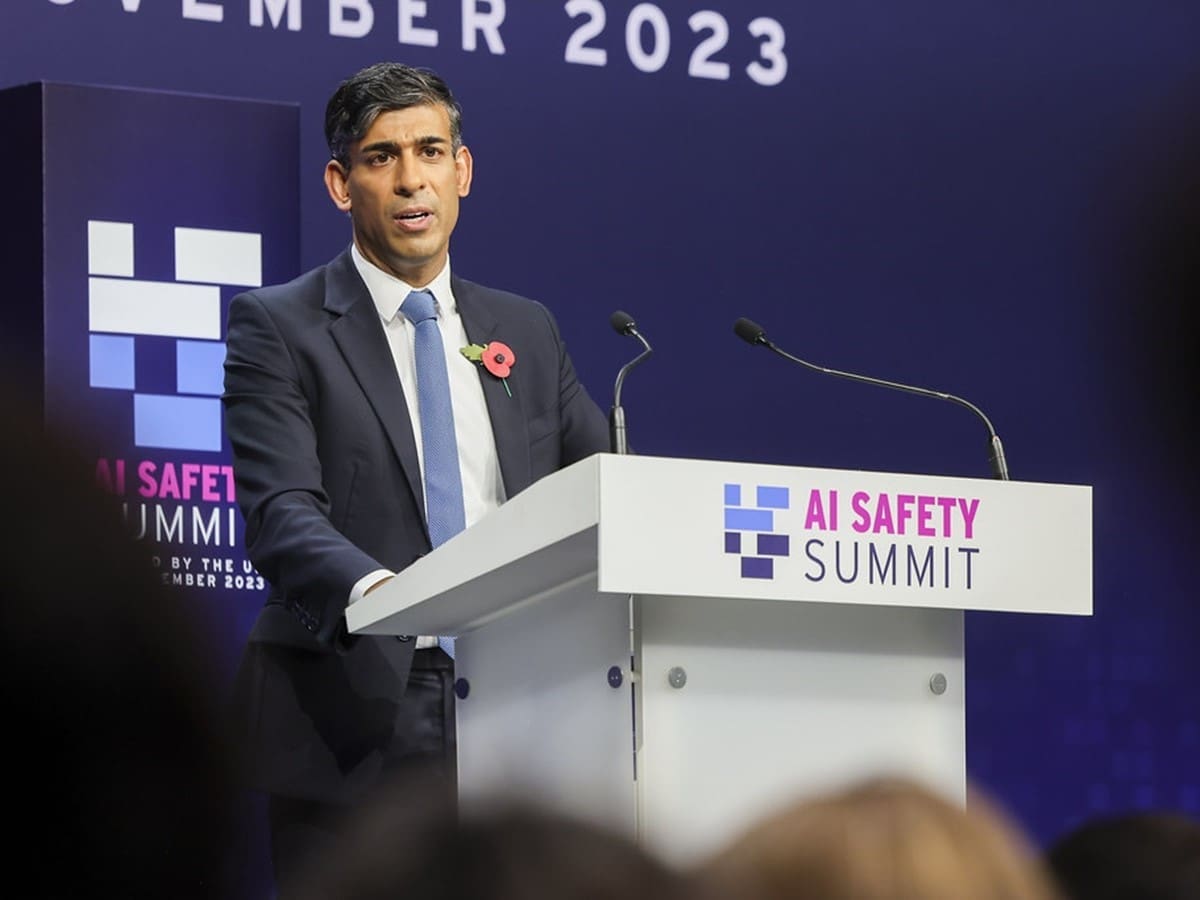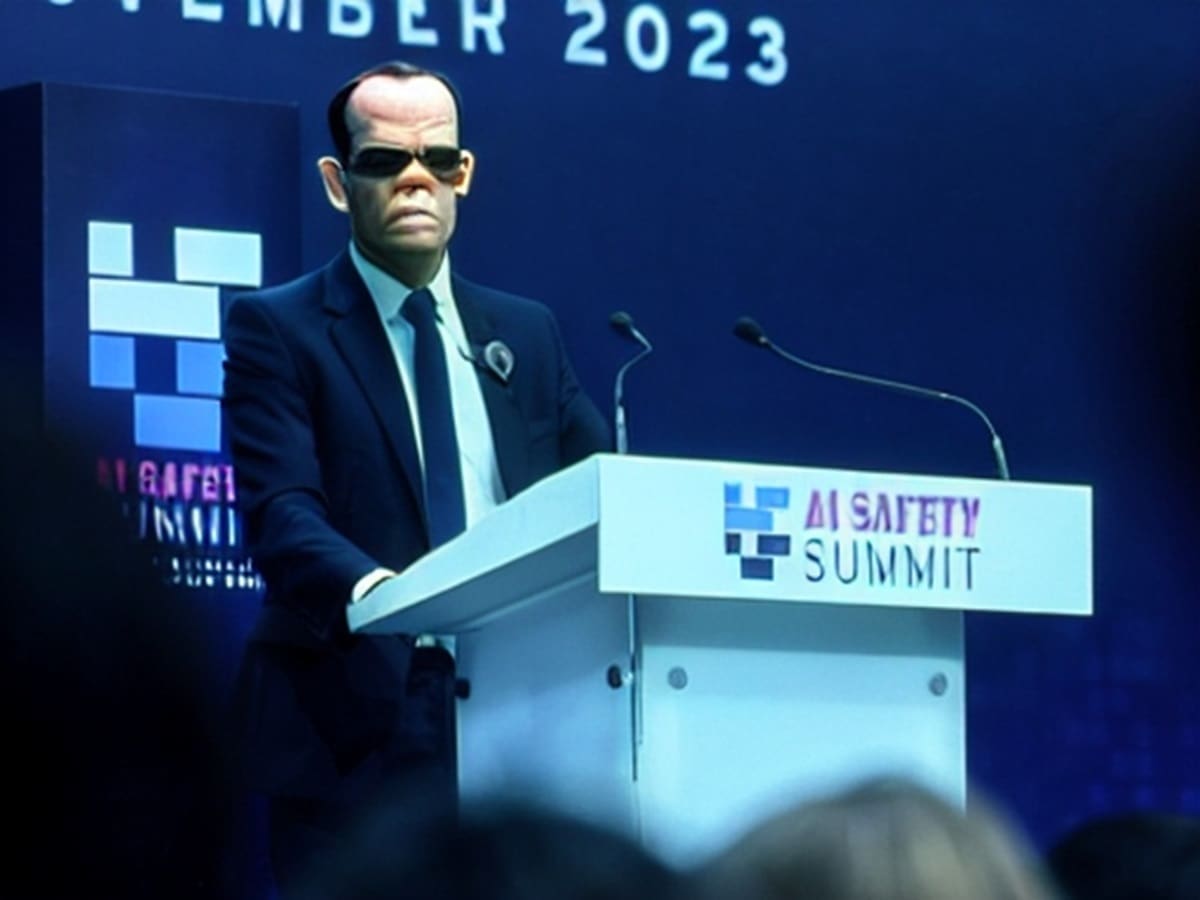Guardian journalist George Monbiot has been calling out the continued appalling abuse of people living with myalgic encephalomyelitis (ME, also known as ME/CFS). However, there’s one prominent, powerful psychiatrist standing in the way of justice via an ‘ME inquiry’ over the “biggest medical scandal of the 21st century”: Simon Wessely.
Calls for an ME inquiry
Right now, the NHS is abusing – and killing – (at least) two women living with severe ME. Meanwhile, the spin-doctor-to-corporate media shill machine has continued to churn out the junk science that manufactured this unconscionable situation for people living with the devastating disease.
So, Guardian journalist George Monbiot is the latest to join people living with ME, their carers, and campaigners in calling for the UK government to conduct an inquiry:
Given this, it’s fair to ask why exactly the government hasn’t instigated an inquiry? Some people from the ME community on X had a good suspicion as to why this might be. Specifically, they pointed out that a chief scientist who promoted the quack PACE study has a convenient position over the levers of power.
Psychiatrist Simon Wessely started on the JAC in September 2017, and the JAC reappointed him again in 2020. Crucially, the Judicial Appointments Commission (JAC) decides who would head up inquiries. In other words, Wessely – a instrumental actor in the medical scandal – would get to choose who would oversee an inquiry on it.
However, when it comes to Wessely weaseling into all the worst places to influence the discourse surrounding ME, this is just the tip of the iceberg.
Wessely – psychologiser-in-chief
Firstly, of course, Simon Wessely played a central role in the sham PACE trial itself.
As the Canary’s Steve Topple has previously explained:
It was a study, part-funded by the UK government, into treatment for ME. It found that people could recover from the disease by having cognitive behavioural therapy (CBT). In other words, people living with a very-real, viral-based illness should just ‘think themselves better’. Essentially, the trial pushed the notion that the disease was part-psychosomatic or ‘made up’ by patients.
While Wessely wasn’t among the principal investigators, he supported and shaped the study in a number of critical ways. For one, his previous research on ME influenced the way in which the scientists carried out the study. On top of this, he was also directly involved. In particular, he sat as a centre manager for one of the trial centres, and was on the PACE Trial Management Group. The trial credited the group as one of the authors of the study.
Perhaps most significantly, Wessely was central to pushing out the PACE trial through the media.
However, psychologising physical illnesses has been Wessely’s modus operandi writ large. In short, he has long hawked in this type of psychosomatic junk science.
For one, Wessely started his glittering career peddling junk psychosomatic science studies on hysteria. Ostensibly, this notion has long dismissed women’s health conditions and cemented a pervasive misogyny throughout medical science.
Unsurprisingly then, it was also Wessely and his band of biopsychosocial science chums who first started tarring ME as something psychological. Specifically, in the 1980s, he and his colleagues began pumping out articles that promulgated the cognitive behavioural model of ME.
This entrenched its psychosomatic origin and pushed cognitive behavioural therapy (CBT) and graded exercise therapy (GET) as the dominant treatment methods.
Moreover, as the Canary’s Steve Topple previously pointed out for example, Wessely gave Gulf War syndrome the psychologisation treatment in the 1990s too. As he explained:
Wessely is of course the person who (with Chalder, no less) perpetuated the myth that Gulf War syndrome was somehow psychosomatic – in the same way the pair helped ME to become ‘all in people’s heads’.
Punching down for a living
Of course, the medical establishment and state have lapped this up. Notably, elite medical bodies have lavished Wessely with multiple awards and memberships. Naturally, the prolific pillar of the psychosomatic bent was also knighted for his “services to military healthcare and psychological medicine”.
Alongside this, he has a stupefying number of influential roles in the medical establishment itself. He was president of the Royal College of Psychiatry, as well as the Royal College of Medicine. On top of this, the Queen and King’s College London (KCL) awarded Simon Wessely the first regius professor in psychiatry. Essentially, this is a special title bestowed by a monarch.
So, how did a psychiatrist with a history of pushing contentious studies and dubious science get these glamorous accolades on lofty titles?
Well, it probably can’t hurt when you rub shoulders with all the right people.
In Wessely’s case, he’s been a trustee and now sits as a vice-president to non-profit Combat Stress. It is the “UK’s leading veterans’ mental health charity”. As psychologiser-in-chief of a serious physical war-related condition, Wessely is of course right at home in a non-profit focused solely on the psychosomatic impacts of war. But significantly, King Charles has been the charity’s long-time patron.
More to the point however, Wessely has worked wonders for successive neoliberal government agendas. In short, stripping people of social security is a hell of a lot easier when the science (purportedly) is behind you.
Of course, this has been precisely the impact of his many years seeding the biopsychosocial model of ME. Therefore, if you want acclaim in medical and political circles – it helps if you push out studies to abet the neoliberal capitalist state in painting millions of people as so-called ‘malingerers’ and benefit ‘scroungers’.
Cosying up in the halls of power
So, Simon Wessely has moved in all the right circles to cosy up to the organ grinders in the halls of power.
Therefore, it was not surprising in 2017 when Theresa May’s Tory government asked him to review the Mental Health Act.
A coalition of Disabled People’s Organisations railed against this. They raised their significant concerns about his role, stating in a letter at the time:
A review is needed to address mental health injustice, yet Wessely’s body of work on ME (or “chronic fatigue syndrome”) demonstrates his lack of honesty, care and compassion for patients. His unsubstantiated claim that ME is driven by “false illness beliefs” has led to patients being labelled as hypochondriacs, treated with contempt by some in the medical profession and stigmatised by society. His recommended treatment regime of Graded Exercise Therapy caused deterioration in function for nearly 50% of ME patients surveyed, yet he dismisses their evidence as unreliable and labels all critics of this work as irrational and extremist.
Predictably then, Wessely punched down on mental health patients in this too. As Topple explained:
In it, he pushed the emphasis on the patient leading what treatment they had; ‘self-management’ if you like. This seems good on paper. But in reality, it could leave patients vulnerable. Because if treatments don’t work, then the blame for this can be pushed onto the patient for ‘not trying hard enough’. This absolves medical professionals, and ultimately the system, of responsibility.
So, to make matters worse, this hasn’t been the end of Wessely’s rise to alarming positions of prominent influence. In January 2023, the NHS appointed him to its board. As the NHS website explains, the board is:
the senior decision-making structure for NHS England. It has reserved key decisions and matters for their own decision, including strategic direction, overseeing delivery of the agreed strategy, the approach to risk, and establishing the culture and values of the organisation.
In other words, Wessely has a central role in dictating the direction of NHS services – which will of course include how the NHS treats people with ME. Additionally, the Canary previously noted that Wessely’s appointment coincided with the NHS deprioritising services for long Covid.
Crucially, it could signal the trajectory of treatment for ME, long Covid and other chronic illnesses under Wessely’s direction.
Wessely mingling with the media
Ultimately, people living with ME, scientists, some independent media, campaigners, and others have been meticulously researching and documenting this sordid medical scandal for many years. Yet the corporate and mainstream press has offered a cesspool of mockery, maligning, and gaslighting these same people at every turn.
So why hasn’t the corporate and mainstream media – including Monbiot’s own outlet – kicked up a fuss about this?
It’s the usual story. As the Canary’s Steve Topple has consistently reported, this is largely thanks to the ostensible “corporate industry spin doctor” the Science Media Centre (SMC)
Of course, one of its founders was none other than, you guessed it, professor Simon Wessely. He was also a director of the SMC between 2015 and 2019. In addition, the Maudsley Charity, under the NHS trust where Wessely works, has funded the SMC to boot.
Given this, it’s little wonder the SMC has littered his quotes and views across press releases on ME research. Invariably, it shows that Wessely is comfortably well-connected with the corporate media too.
Justice for people living with ME
In light of all this, Simon Wessely’s grip on the science and future for people living with ME seems almost unassailable.
What we have is a high-profile medical professional and biopsychosocial proponent poised in all the right places to obstruct scrutiny of the “biggest medical scandal of the 21st century”. In other words, cronyism has obfuscated the truth and scapegoated a whole group of people. Sound familiar?
The Chronic Collaboration – a group fighting for people living with ME and other chronic illnesses – highlighted the uncanny parallels to the recent Post Office Scandal. Crucially, it ran a campaign to call for ITV to expose the post-viral scandal of ME. Of course, one outcome could be to force the government’s to set up an inquiry, as Monbiot said.
However, while an inquiry would be a good start – it must end with all those who’ve delayed and hampered action on ME being held accountable.
Most important of all, it needs to pave the way for justice, and nothing short of a revolution in medical care for all those living with ME, long Covid, and other chronic illnesses the psychologising lobby has long harmed.
Featured image via Kings College London – YouTube
By Hannah Sharland
This post was originally published on Canary.



 (@long_covid)
(@long_covid) 



 (@CounsellingSam)
(@CounsellingSam) 




 #FBLC #FBPE (@deeokelly1)
#FBLC #FBPE (@deeokelly1)  (@elle_carnitine)
(@elle_carnitine)  (@SaliWho)
(@SaliWho) 
 (@DPACSheffield)
(@DPACSheffield)  (@lucacoleman999)
(@lucacoleman999)  We need decisive political action
We need decisive political action



 John Woodcock, or Lord Walney, is advising the UK government on how to deal with pro-Palestine protests.
John Woodcock, or Lord Walney, is advising the UK government on how to deal with pro-Palestine protests. Take action to save our NHS here:
Take action to save our NHS here: 


 Featured image via
Featured image via